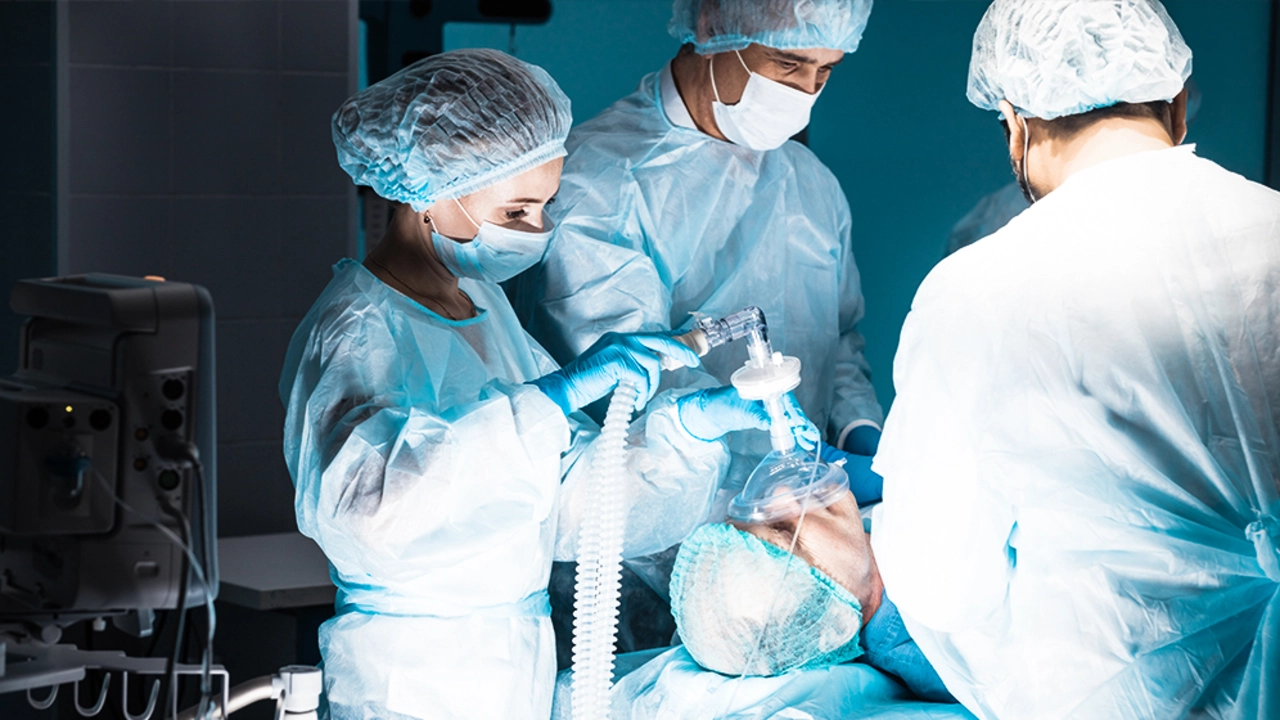Waking up from anesthesia can feel a little odd or even scary if you’re not sure what’s normal. Whether it’s minor sedation or full general anesthesia, your body needs time to bounce back. This guide explains common experiences during anesthesia recovery and what you can do to feel more comfortable and safe during this critical phase.
Anesthesia temporarily blocks pain and awareness during procedures, but it also slows down brain activity and some body functions. After surgery, this can leave you feeling groggy, tired, or confused for a few hours. Some people notice nausea or dry mouth, while others might feel chilly or have muscle aches. These effects are normal and usually improve as the anesthesia wears off.
Remember, everyone responds differently based on factors like age, health, and the type of anesthesia used. It’s important to take it easy and listen to your body during recovery.
First off, rest is key. Your body needs downtime to clear the anesthesia drugs and start healing. Avoid rushing back to normal activities or heavy lifting right after surgery.
Drink plenty of fluids unless your doctor says otherwise. Water helps flush the remaining medicine from your system and keeps you hydrated, which speeds up recovery.
Eating light, easy-to-digest foods can also make a big difference, especially if you feel nauseous. Start with soups, toast, or bananas before returning to your usual diet.
Follow your doctor’s instructions closely, especially about pain management and any medications. Trying to tough it out without proper meds can slow healing or cause complications.
If you feel confused for more than a day, have trouble breathing, or notice severe pain or swelling, contact your healthcare provider right away. These could be signs of complications that need prompt attention.
Finally, avoid alcohol and driving until you’re fully recovered and cleared by your doctor. Your coordination and judgment can stay impaired for a while after anesthesia.
Understanding what to expect during anesthesia recovery helps you stay calm and take the right steps to bounce back smoothly. Rest up, stay hydrated, follow your care plan, and you’ll be back on your feet before you know it.
